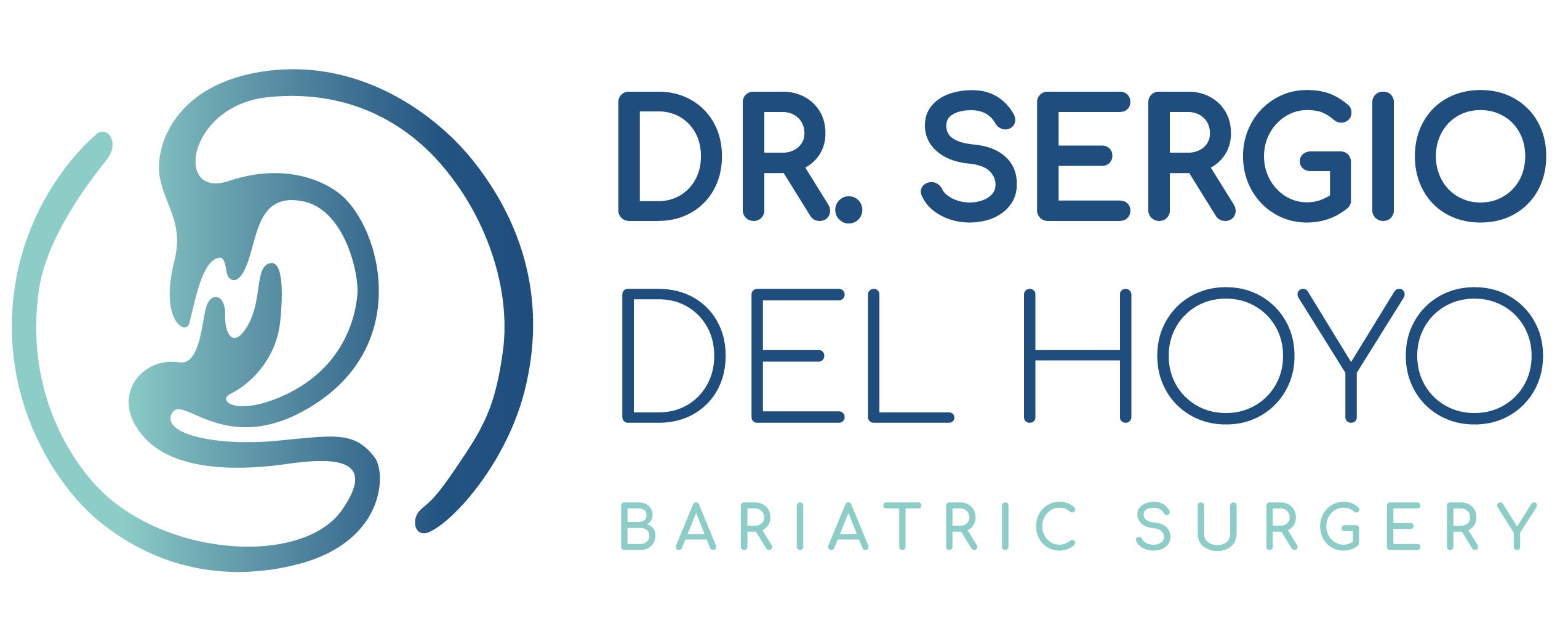Introduction
Colitis is a medical condition in which the colon and rectum become inflamed, causing abdominal pain, cramps, and bloody diarrhea. Colitis can be caused by infections, inflammatory responses to certain foods or medications, or even autoimmune conditions like Crohn’s disease. It can also be associated with other serious health problems.
The severity of colitis can range from mild to life-threatening, but it’s important to diagnose and treat the disease correctly to avoid long-term complications. Symptoms of colitis include abdominal pain, cramps, bloody stools, fatigue, weight loss, and a general feeling of being unwell. Treatment options depend on the underlying cause and range from lifestyle changes to medical therapies and even surgery.
It is important to seek medical attention as soon as possible if you experience any of these symptoms. Your doctor can help you determine the underlying cause of your colitis, recommend treatment, and monitor your progress over time. With the proper diagnosis and treatment plan, symptoms can be reduced or even eliminated while managing the disease to ensure a healthy lifestyle.
Causes and Symptoms
Colitis is an inflammation of the colon that can have many causes. Some of the most common causes are bacterial or viral infections, parasites, Crohn’s disease, ulcerative colitis, and food allergies or sensitivities.
Symptoms
The usual symptoms of colitis are abdominal pain, cramps, watery diarrhea that may contain blood or mucus, bloating, and gas. Other symptoms can be loss of appetite, fatigue, and weight loss. In severe cases, the patient may experience fever, rectal pain, and anemia due to blood loss from colon inflammation. If colitis is not treated, it can lead to complications such as malnutrition and dehydration.
Treatment
The main thing is to look for the causes that cause colitis such as certain foods and emotional factors. Improve diet and exercise. There are specialized treatments to help reduce abdominal inflammation and pain as well as improve the defecation factor.
Always see a specialist to diagnose and treat colitis. Depending on the underlying cause, colitis treatments may include anti-inflammatories, antibiotics, or probiotics. Surgery may also be necessary in more severe cases. It is important to follow the instructions of the doctor and go to his consultations regularly to monitor any possible change in the state of health.
Prevention of Colitis
The best way to prevent colitis is to avoid its possible causes. This means eating a healthy diet, avoiding foods that can trigger an inflammatory response or cause infection, and being aware of medications that can contribute to disease. It is also important to practice good hygiene, exercise regularly, and have regular checkups with your doctor.
In cases where colitis has already developed, treatment options vary depending on the cause. In many cases, lifestyle changes, such as a balanced diet and regular exercise, can help reduce symptoms and keep the disease under control. In more serious cases, medications such as antibiotics or corticosteroids may be necessary to reduce inflammation. Surgery is also sometimes recommended if medical therapies fail to treat the disease.
Colitis can be a serious and debilitating disease, but with early diagnosis and proper treatment, symptoms can be controlled and long-term complications avoided. If you are concerned about colitis or experience unexplained abdominal pain, cramping or bloody stools, contact your doctor for advice.
Thanks to his years of experience as a gastroenterologist, Dr. Sergio del Hoyo has contributed to the improvement of hundreds of patients with colitis problems and most of them have been treated quickly, easily and very efficiently. It is always important to stay calm and go to a specialist, if you require specialist attention click here.






